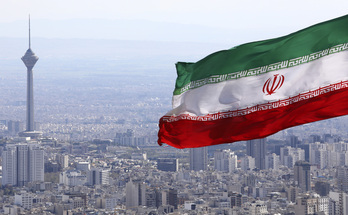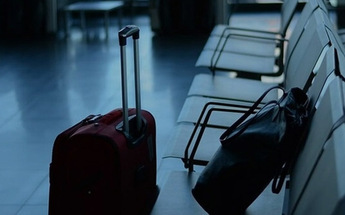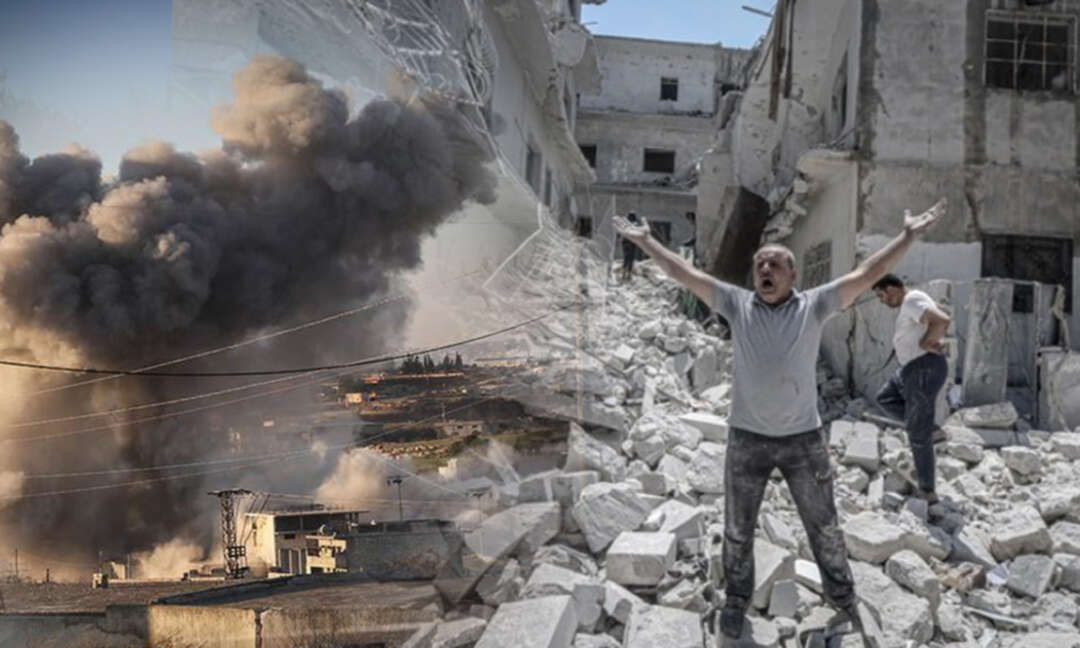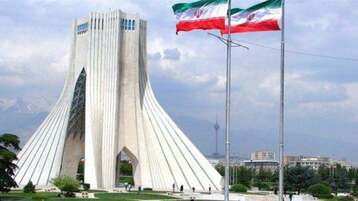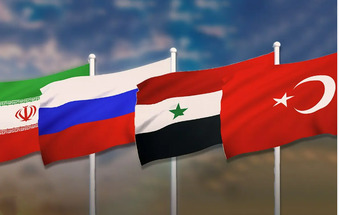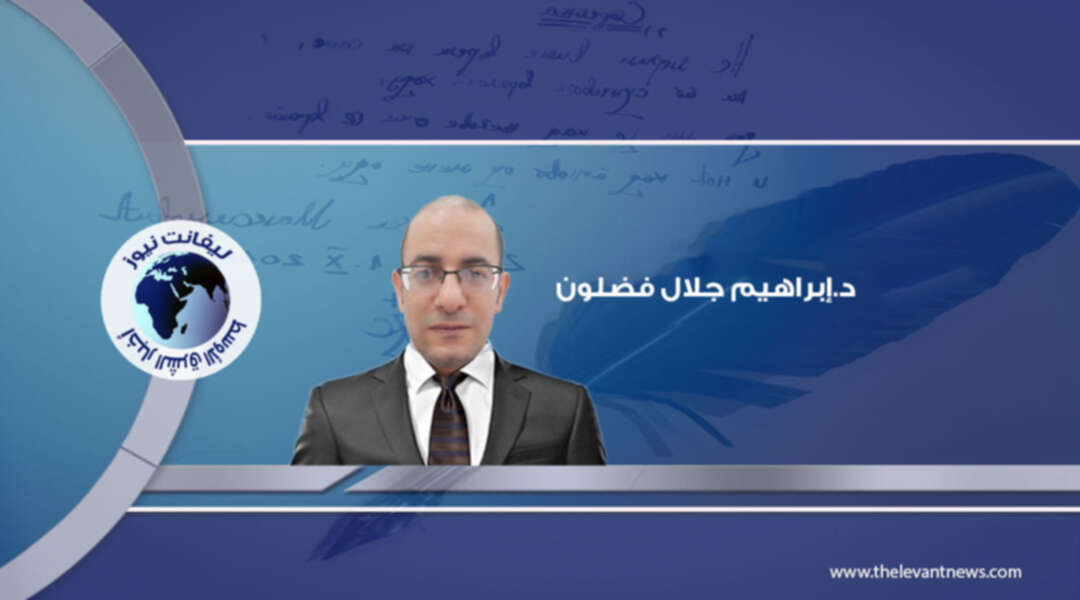-
Withdrawal of French forces puts Mali in the eye of the storm
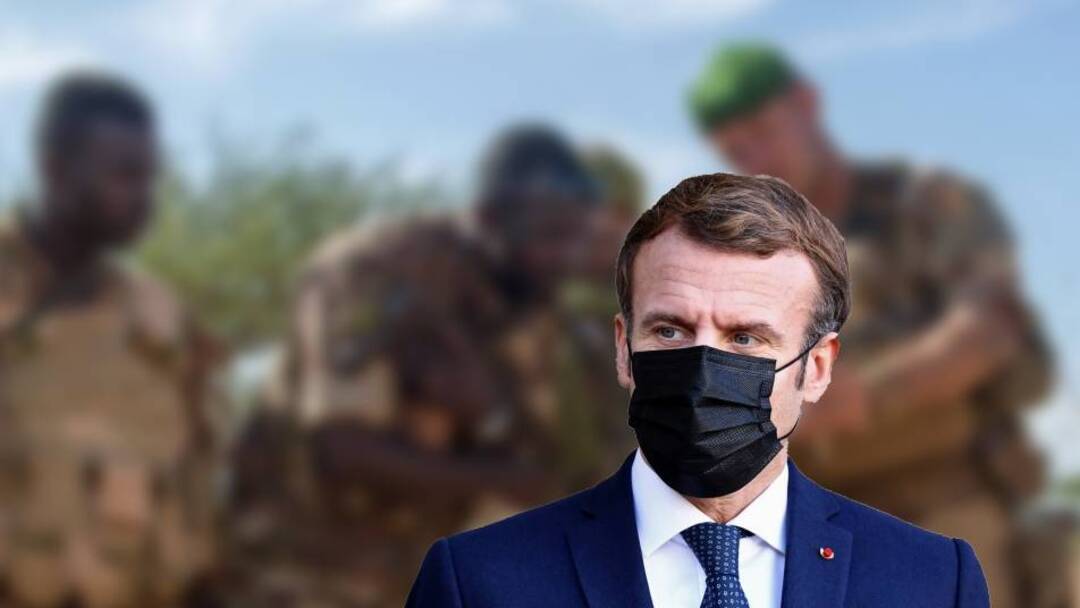
Nobody in Mali is surprised by the withdrawal of French and later EU troops. France and several of its Western allies said on 17th_2022 that they would begin a “coordinated withdrawal” of their military forces from Mali, capping months of an increasingly bitter breakdown in relations with the country’s ruling junta and throwing into uncertainty regional antiterrorism operations spearheaded by French armed forces.
Jihadist groups have spread across Mali, in West Africa, and to the country’s neighbors, even as a coalition of Western and African militaries has tried to fight them.
Meanwhile, more and more, Russia has exploited this anti-French resentment for its own goals. In addition to access to resources such as gold, uranium or gemstones, Moscow is primarily concerned with geostrategic hegemony. Accordingly, Russian trolls have flooded the social networks with anti-French propaganda, fake news and alleged success stories of Russian military operations.
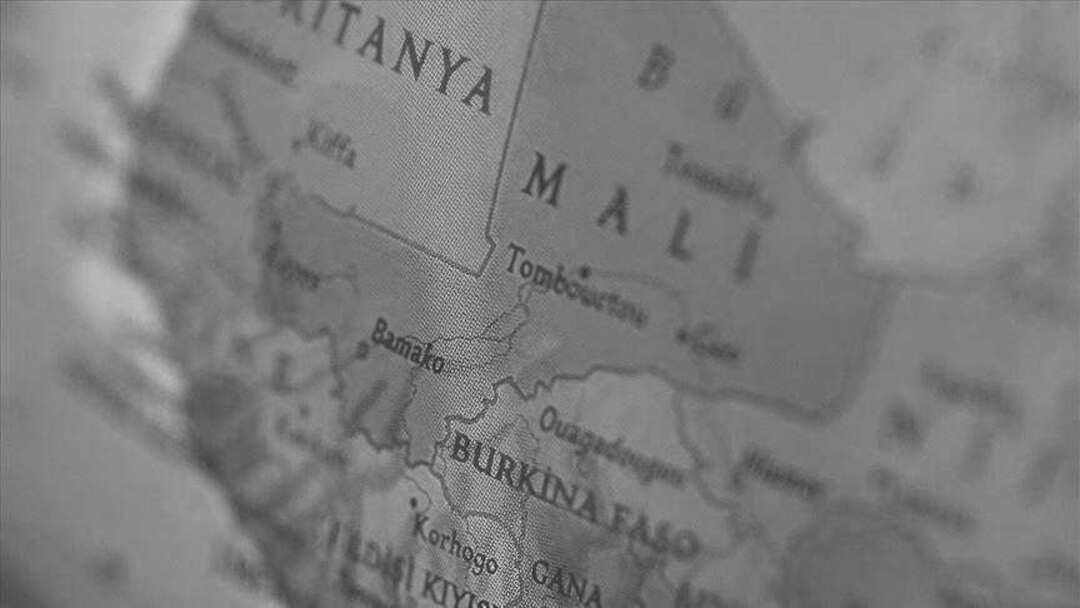
“Today it's the terrorist groups who are happy with this announcement,” said Amadou Koita, former Cabinet minister in the government of former President Ibrahim Boubacar Keita. He told the Associated Press he heard with regret French President Emmanuel Macron's announcement on 17th-Feberuary 2022 that France will withdraw its military from Mali within six months. France has troops in two military operations in Mali, Barkane and Takuba.
Macron said al-Qaida and Islamic State had made the Sahel region of West Africa and the Gulf of Guinea nations “a priority for their strategy of expansion“. Most experts say the dozens of factions and coalitions in the Sahel, a wide band of scrub and bush along the southern fringe of the Sahara, are only loosely associated with al-Qaida or IS and are primarily driven by local motives.
Since then, the extremists have regrouped and drilled farther into Mali’s countryside while spilling into neighboring countries. Malians wondered why the French forces in West Africa , which stood at 5,100 last year , could not stop the menace. Some accused the former colonial power of making it worse.
Thousands of West Africans have died, and millions have lost their homes as fighters who claim adherence to extremist al-Qaeda and Islamic State groups have grabbed more territory. A European counterterrorism force called Takuba was supposed to pick up the slack. Now that effort is also at risk: Nearly half of the 800 soldiers deployed are French, and Mali kicked out 100 Danish soldiers who had arrived last month at France’s invitation, citing a lack of paperwork. (Sweden also said it would withdraw troops from Takuba.)Takuba also was weakened recently when Mali abruptly said Danish troops should leave the country.
Neighboring Burkina Faso, which has experienced enormous losses and displacement as extremism has grown there, will face difficulties ahead with this decision, according to experts.
”The impact on security in Burkina Faso will be very difficult because the north and center of Mali are beyond the control of the Malian state due to the weak security network. If European troops leave Mali, the area will be a base for terrorist groups. This will be very difficult for Burkina Faso. Hopefully, Mali will be able to quickly find another strategy to occupy the area after the departure of foreign forces,” said Mamadou Drabo, head of the civil society group Save Burkina Faso.
Conclusion
It is certain that the French withdrawal will provide an area in which the “Nusrat al-Islam and Muslims” group and the “Islamic State” organization can move in Mali without the jihadists fearing the intervention of the French air force, in the event that a decision is taken to prevent French aircraft from flying in the Malian airspace.
The withdrawal of the French forces from Mali came as a result of a failure in the way the French dealt with the countries of the African coast. France dealt with these countries as if they were a colonial country. Not to mention that the withdrawal of French forces is also linked to a political decision related to the upcoming French elections.
What Mali and the countries of the African Sahel need is not to be satisfied with the deployment of military forces, but also to address the roots of extremism and terrorism, most notably poverty, failed regimes and the spread of racism. The countries of Europe and the West should strengthen the capabilities of governments in West Africa and strengthen democratic regimes instead of the leaders of military coups that dominate the political scene in West Africa, including the African Sahel countries.
By: jassim Mohamad – Bonn
You May Also Like
Popular Posts
Caricature
Qatar Closes Hamas Office...
- November 11, 2024
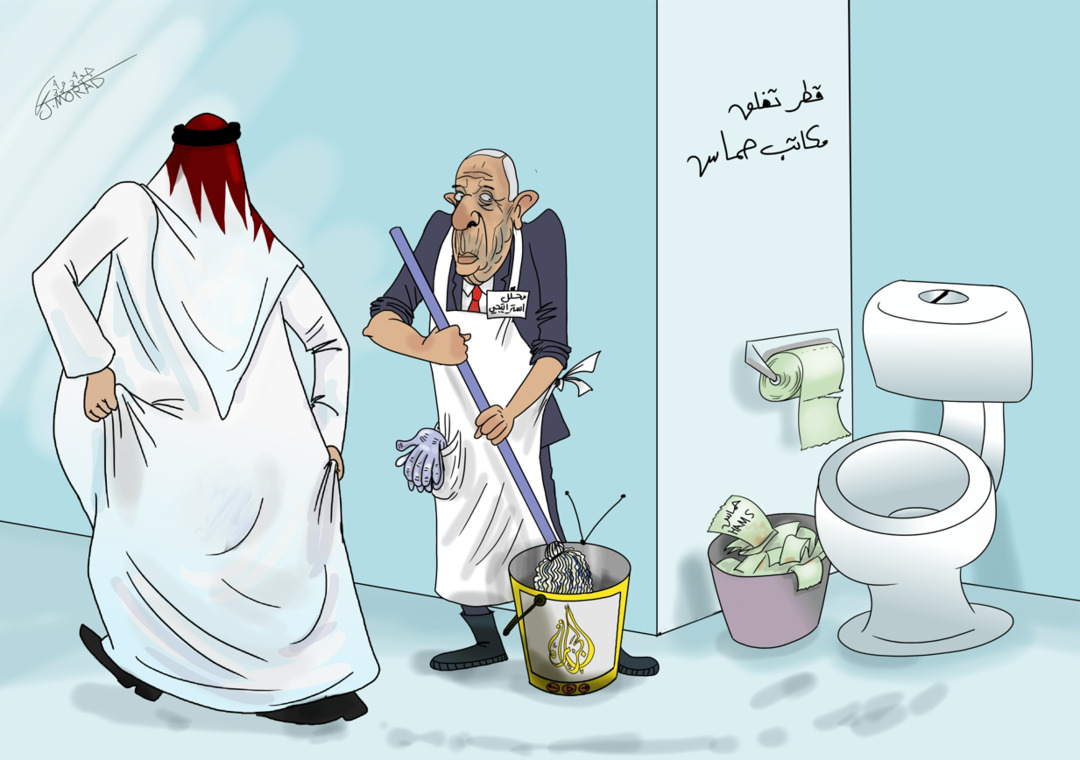
Qatar Closes Hamas Offices
opinion
Report
ads
Newsletter
Subscribe to our mailing list to get the new updates!

